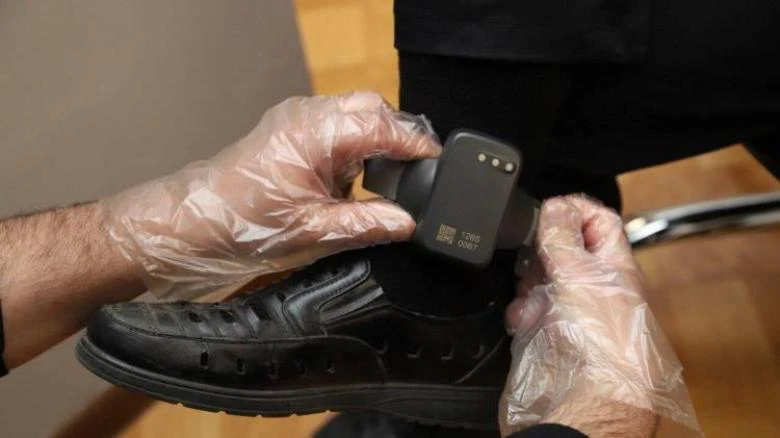"Hraparak" newspaper wrote:
The last year was a record in terms of "house arrest" in Armenia.
Let's remind that when initiating criminal proceedings, the pre-investigation body chooses a preventive measure, and our investigator-prosecutors, as a rule, choose the most severe preventive measures: arrest or house arrest.
Of course, prison arrest is in the first place, but the most common of the other means of restraint is now house arrest, which is no less severe punishment, because it contains many restrictions, and people under house arrest have very serious psychological and other problems.
At the moment, 1,500 people are under house arrest in Armenia, the only advantage of which is that a person sleeps at home, lives with his family, but is deprived of the right to use the telephone, the Internet, receive guests, and leave the area within a certain radius.
We learned that people under house arrest are often eavesdropped, and there were even cases when charges were changed as a result of that eavesdropping.
It's hard to say whether the wiretapping is done legally or illegally, but our law enforcement source says the wiretapping is being done by the investigative agency, which is applying to the court for permission.
"It happens by the court's decision, it can be done by the body conducting the proceedings, for example, the Investigative and Anti-Corruption Committee, and if they hear something, they apply to the court, either the court stiffens the punishment, or it remains the same.
It can be a basis for changing the sentence. They don't do wiretapping without the permission of the court - it's not arbitrary. For example, if you don't pose any danger, I don't have operational information about you posing a danger, I apply to the court, the court decides to what extent what you want - wiretapping - is legal, and, according to that, decides: to allow wiretapping or not? the court gives permission for a certain period of time." We talked about the topic with lawyer Hovhannes Khudoyan.
He said that in any case, wiretapping happens only with a court order, whether it is internal monitoring or surveillance of telephone conversations. "It is possible that it will be done without the permission of the court, but in that case it will be illegal.
In some specific case, it is possible that the court may have allowed the person under house arrest to be eavesdropped."
When asked if he knows a person whose detention was changed from house arrest to prison custody based on the wiretapping recording, the lawyer answered: "I heard about such a case, it was a very specific case, I heard it from my colleagues, I cannot reveal the information."


























